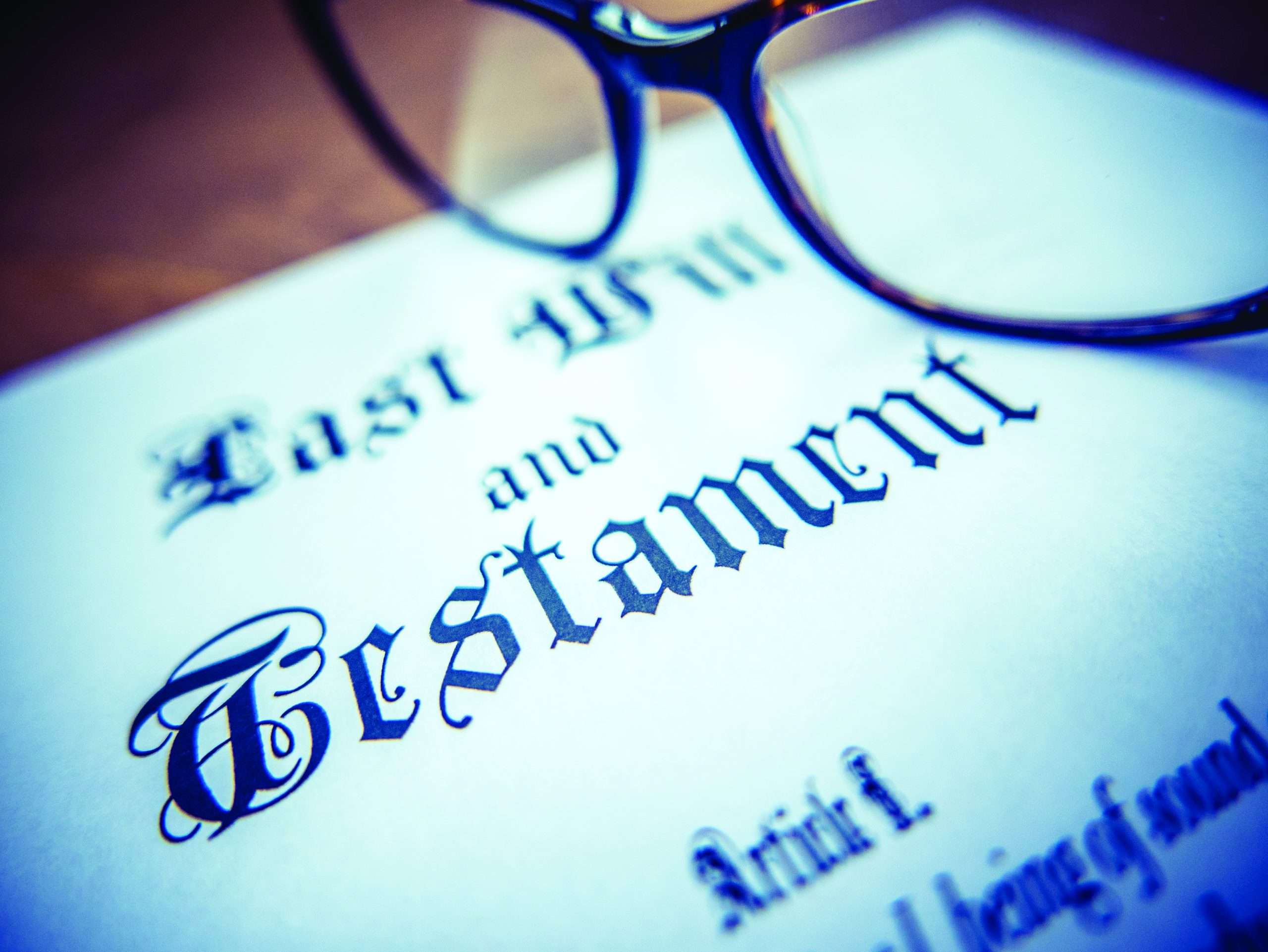It could be argued that a will is one of the most important single documents an adult can ever have. Yet despite this, it is estimated that as many as 60% of adults in the UK have not made a will – 30 million people!
The importance of a will should not be underestimated and, whilst it might be seen as a slightly morbid topic, every adult is encouraged to make one.
Famous names such as Martin Lewis, the Money Saving Expert, recently emphasised the importance of making a will earlier this year in a national campaign.
Not only does a will provide the opportunity to make sure a person’s assets benefit the people or organisations they want it to, it can also be extremely beneficial from a tax perspective too, and nobody likes paying more tax to HMRC than they really need to!
Some examples of who might need a will. If you are cohabiting but not married, a will is essential in ensuring that assets pass to the surviving partner as you would want them to.
Parents with young children should consider making a will to ensure that children are taken care of by the people they trust to look after them, a process called guardianship, otherwise it will be the Court that decides who looks after the children.
Of course, there may be a number of factors why someone would choose not to make a will.
A recent survey showed that a common belief is that adults in the UK do not think they have enough assets or wealth to warrant making a will.
Cost may be a deciding factor but for something so important, people might be surprised how little writing a will costs, with legal fees being approximately 25% of the legal fees for selling a house, for example.
You are able to make your own will and packs are readily available to download a ‘DIY’ will online. However, be aware that a will that has not been executed properly (signed and witnessed) will be invalid and can mean that your estate will not be divided as you would like it to. It is also quite common for home-made wills to be unable to take into account all factors of a person’s circumstances, something you can guarantee with an experienced practitioner.
If you are considering making a will you should take independent legal advice from a suitably qualified expert and be mindful of non-regulated firms.
At certain times of the year, charities may run promotional campaigns that contribute towards the cost of making a will and DFA Law have supported Cynthia Spencer in a similar fashion for a number of years.
Overall, there are no negatives to making a will!
In addition to a will, further planning advice might include a Lasting Power of Attorney (there are separate ones for Health & Welfare and Property & Finance), but that is perhaps a discussion for another time…
We have seen too many times estates that are distributed under intestacy rules due to there being no will in place, or even an invalid will. Not only does this mean it is perhaps not what was wanted, but it can often leave a sour taste, and at a particularly stressful time too. Having a valid will in place not only provides peace of mind to the person making the will, but can prevent issues afterwards too.
If you would like to know more about anything contained in this article, please get in touch with a member of the Wills, Trusts and Estates team to discuss how we might be able to help.
Find out more by calling 01604 609560, email info@dfalaw.co.uk or visit www.dfalaw.co.uk













